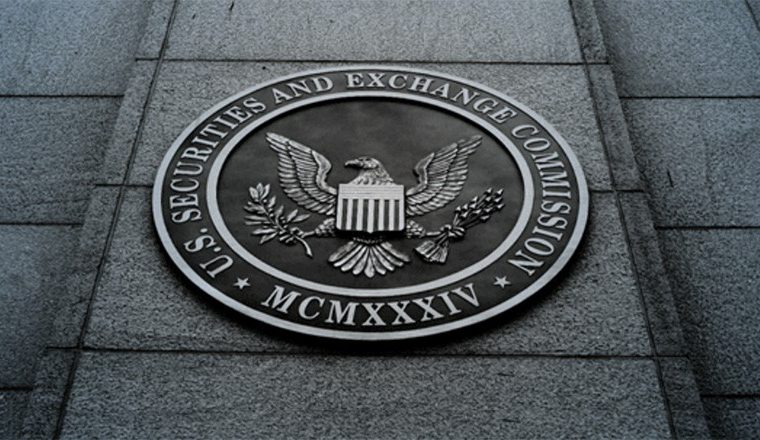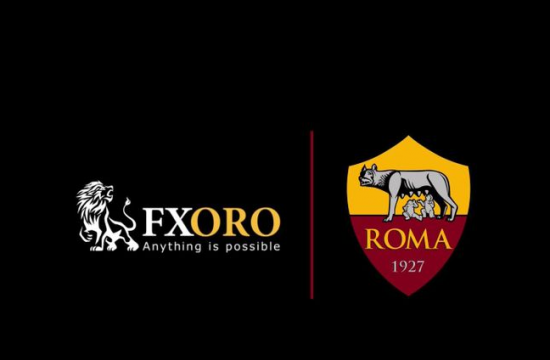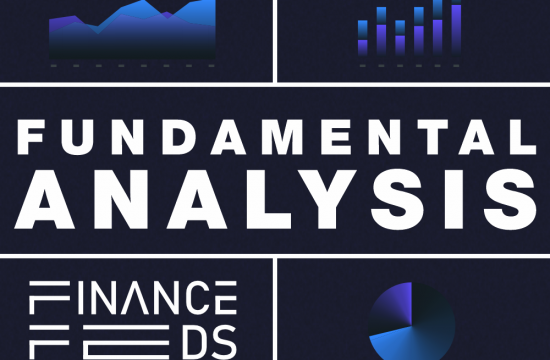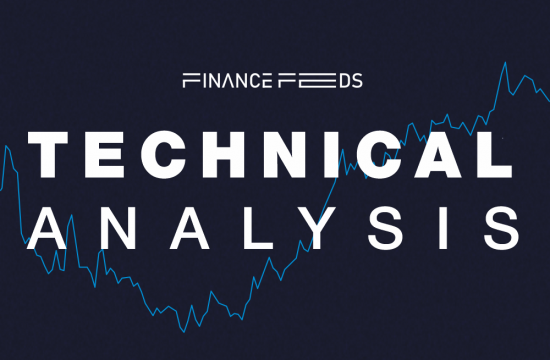In order to ensure all returns are halal, Wahed has a full-time Ethical Review Board which is said to undertake “a rigorous screening process and produces annual purification reports”.

The Securities and Exchange Commission has charged New York-based robo-adviser Wahed Invest, LLC with making misleading statements and breaching its fiduciary duty, and for compliance failures related to its Shariah advisory business.
The complaint alleges that Wahed Invest advertised the existence of its own proprietary funds when no such funds existed, and also promised investors that it would periodically rebalance their advisory accounts, but did not do so.
The false statements lasted from September 2018 until July 2019, the agency claims, adding that when Wahed Invest ultimately launched a proprietary ETF in July 2019, it used its clients’ advisory assets to seed the ETF without prior disclosure to clients of any conflicts of interest.
The SEC also alleges that the investment platform did not adopt and implement written policies and procedures addressing how it would assure Shariah compliance on an ongoing basis, despite marketing itself as compliant with Islamic, or Shariah law. Its Islamic-focused marketing included the focus on the importance of its income purification process.
“Robo-advisers, like other advisers, must ensure that their marketing materials are not misleading and that conflicts are disclosed to investors. Registered investment advisers like Wahed Invest must also adopt and implement written policies and procedures reasonably designed to prevent the adviser from deviating from its claimed investment process”, said Adam S. Aderton, Co-Chief of the SEC Enforcement Division’s Asset Management Unit.
Wahed Invest settled with the SEC without admitting or denying the findings. The investment platform agreed to a cease-and-desist order, to pay a $300,000 penalty, and to retain an independent compliance consultant among other undertakings.
Wahed has recently been granted a license from the Financial Sector Conduct Authority (FSCA) in South Africa in a “huge achievement” for the halal financial investment platform.
The next step will be Wahed launching its app locally in that jurisdiction, a key market for fintech expansion in Africa due to the severe economic inequality which still exists in large parts of the continent.
Wahed intends to help emerging investors make informed decisions about their money through its focus on transparency, minimal transaction fees, and financial inclusion.
Wahed entered the UK with a license from the Financial Conduct Authority back in 2018, arguing the majority of surveyed British Muslims feel excluded from mainstream financial services because of their religious beliefs.
The halal investment platform fills that gap by providing access to products not traditionally available to retail investors, such as Sukuk, an Islamic financial certificate, similar to a bond in Western finance, that complies with Sharia law.
The platform found that 84% of its users are new to or only somewhat familiar with investing. Wahed automatically suggests a portfolio for each user based on their risk profile, taking into account liquidity needs, investment goals, and other criteria.
In order to ensure all returns are halal, Wahed has a full-time Ethical Review Board which is said to undertake “a rigorous screening process and produces annual purification reports”.











